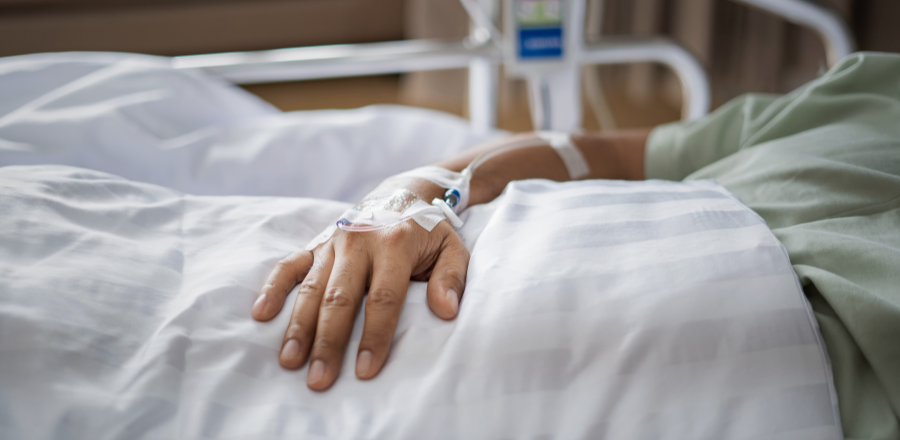There were 4,912 COVID-19 cases reported in Victoria this week, a decrease of 37.2 per cent on the previous week. The average daily number of new cases this week was 702, down from 1,130 last week.
The seven-day rolling average of patients with COVID in Victorian hospitals is 341. There are currently 324 COVID patients in Victorian hospitals, with 14 COVID patients in intensive care, including 4 cleared cases. There are 6 COVID patients on a ventilator. The seven-day rolling average of patients in intensive care in Victorian hospitals is 16.
In the past three months, 6,019 COVID patients were hospitalised in Victoria. Of those hospitalised, 41 per cent had not received their third vaccine dose and 30.6 per cent were unvaccinated.
Of Victorians aged 50 to 64 years, 80.1 per cent have had their third dose and 32.1 per cent have had their recommended fourth dose. Of those aged over 65, 90.9 per cent have had their third dose and 68.4 per cent have had their fourth dose. 70.5 per cent of people aged 16 and over have had three doses.
A total of 156 COVID-related deaths were reported to the Department in the past week. An average of 22 deaths were reported each day in the past week. There has been a 5.5 per cent increase in the number of daily COVID-related deaths in the past month when compared to the previous month. In the past three months, there have been 958 COVID-related deaths in Victoria. Of those deaths, 46.9 per cent were unvaccinated and 52.6 per cent had not received their third COVID vaccine dose.
The total number of reported COVID-related deaths in Victoria since the pandemic began is 6,794.
COVID-19 epidemiological summary
There continue to be positive signs the sustained peak of the November-December wave has passed, with COVID cases and hospitalisations declining again this week. Sadly, COVID-related deaths have increased again. As flagged in previous updates, an increase in reported deaths was expected following recent periods of high transmission in the community.
Transmission is being driven by multiple Omicron variants. The most recent wastewater analysis shows the recombinant strain XBF makes up the highest proportion of detections (35 per cent), followed by BQ.1/BQ.1.1 (16 per cent) and BR.2 (14 per cent). A group of variants that cannot be classified due to new mutations made up 17 per cent of wastewater detections.
Two cases of the subvariant XBB.1.5 have been detected in Victoria through genomic surveillance testing. With Australia’s most comprehensive wastewater surveillance, Victoria is well-placed to monitor the emergence of this variant locally. All the protections outlined below work to protect you and others from the impacts of COVID, regardless of variants.
Safe gatherings over the holiday period
The risk of COVID infection can increase through large family and social gatherings. It is important to consider older family and friends and those who may be more vulnerable to severe COVID illness.
Plan ahead this summer and consider the following tips to ensure you can enjoy the festivities safely.
- Plan your party or family gathering outside when possible
- Get tested if you have symptoms or you’re going to a party or family gathering
- Keep homes well ventilated, with windows and doors open
- Wear a high-quality mask, especially where you can’t physically distance from others
- Isolate for at least five days and until you have no symptoms
- Check if you are eligible for COVID medicines
- Get your next vaccine dose
- Protecting yourself is the best way to protect you and the community – If you don’t get COVID, you can’t spread COVID







